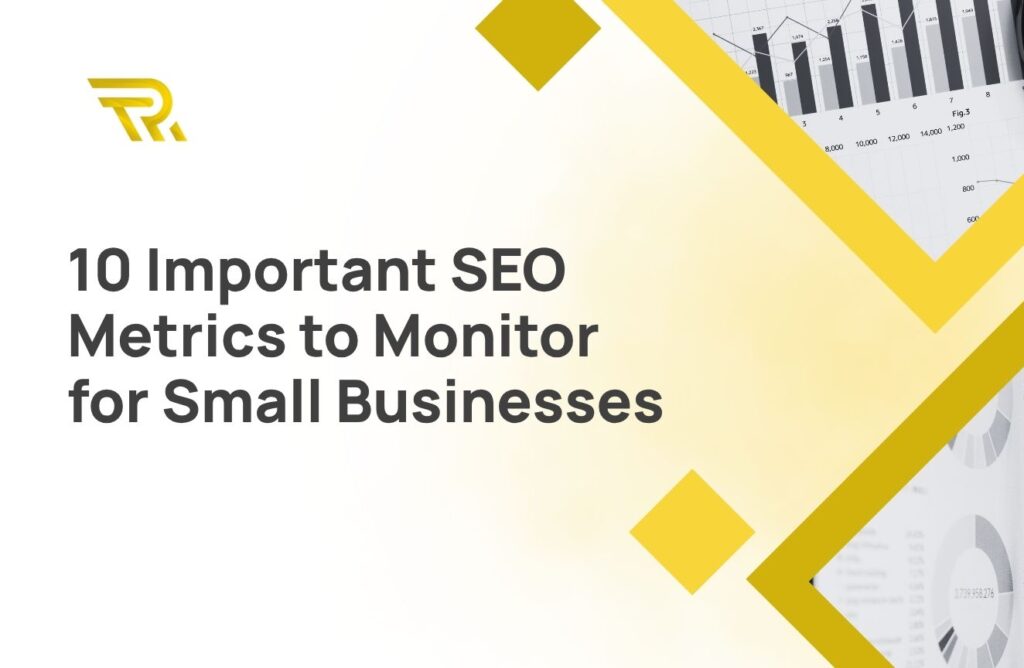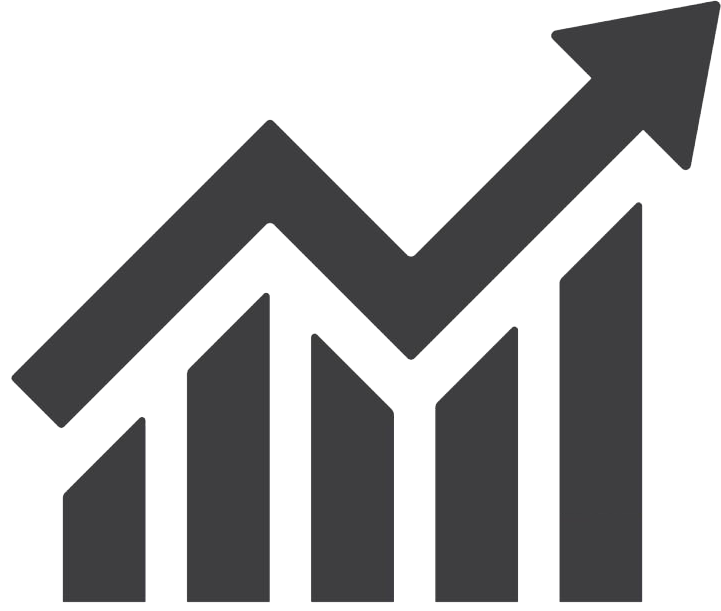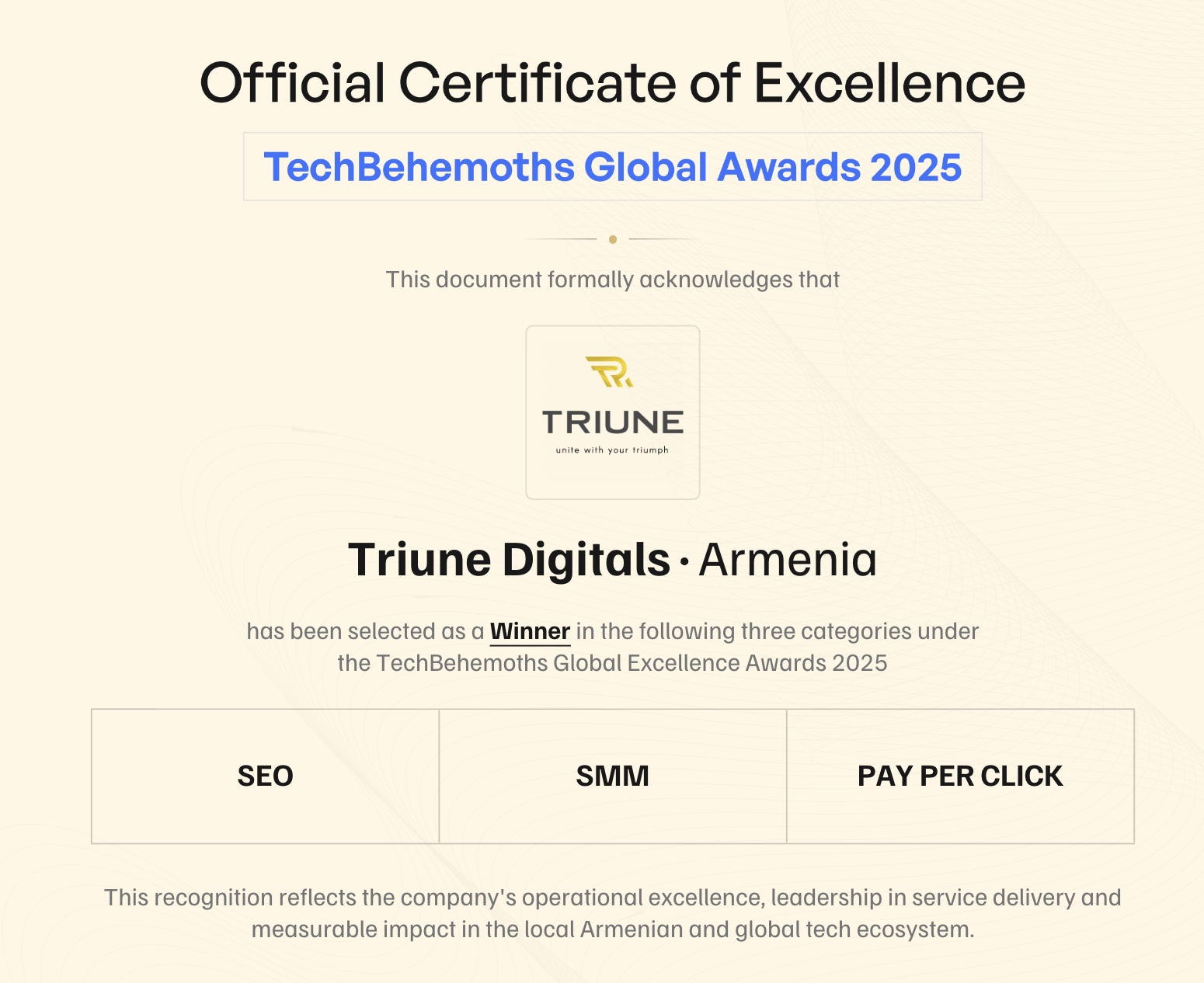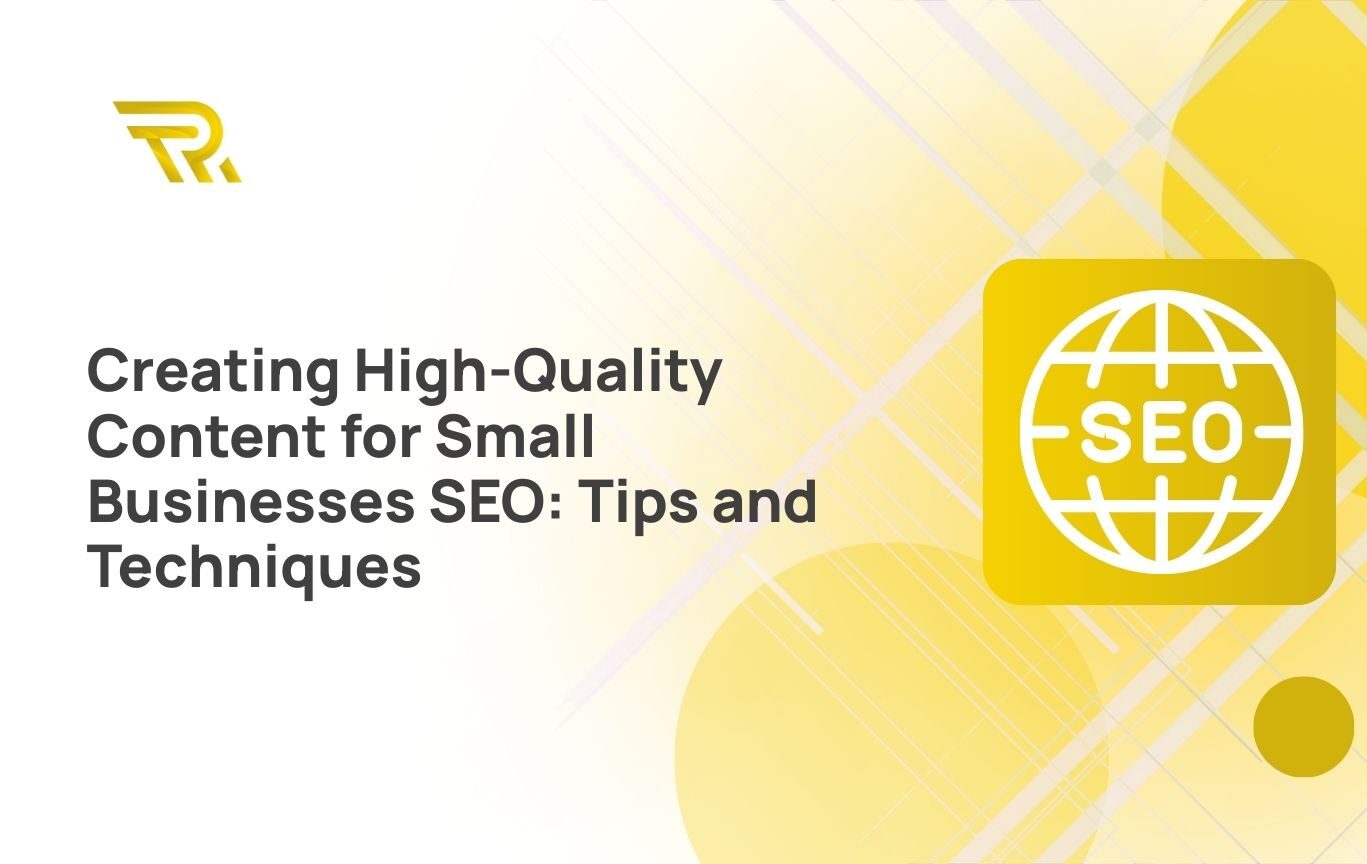In today’s digital landscape, small businesses must leverage SEO performance metrics to enhance online visibility, improve engagement, and boost conversions. From load times to backlinks, bounce rates to conversion rates, understanding and measuring these essential metrics can make a world of difference for your online success. This article will delve into these crucial SEO metrics, offering insights on how they impact your strategy and how you can measure and utilize them effectively for your business’s growth.
Key Takeaways
Monitoring these metrics provides valuable insights, enabling you to make decisions to enhance your website’s performance and achieve your goals.
Regularly reviewing these metrics allows you to track trends, identify issues, and seize opportunities for optimization.
Use metrics to refine your SEO strategies, improve user experience, and boost conversion rates.
What are SEO Metrics?
In simple terms, SEO metrics encompass various data elements and crucial performance indicators utilized to measure the effectiveness of your website. These metrics represent quantitative techniques for assessing how search engines perceive your website.
A well-optimized website will exhibit strong standings across the majority of SEO metrics. Now, why should you emphasize the importance of overseeing these metrics for SEO for small business? Continue reading to discover the advantages of monitoring your site’s performance.
Why Should You Monitor Important SEO Metrics?
Monitoring SEO metrics is essential for assessing your business’s growth and progress. Analyzing impressions and organic traffic reveals website visitation trends. Conducting SEO site audits detects errors impacting your website’s health. Addressing these issues strengthens the website, leading to improved results and conversions.
Effective SEO generates traffic, signifying its success. More traffic means increased leads and sales in SEO Services. Tracking organic traffic enables strategic visitor attraction.
Additionally, tracking SEO Key Performance Indicators (KPIs) reveals effective tactics for your small business. Evaluating content performance and audience reach provides crucial insights.
13 Important Metrics to Monitor for Small Businesses
Organic Traffic
Organic traffic refers to visitors who find your website via search engine results after searching for keywords related to your business. SEO tracking metrics for organic traffic give you insights into how your site is performing in organic search and the effectiveness of your SEO strategies over time. Regularly analyzing organic traffic will help you understand the reach of your SEO efforts and guide future optimization plans.
Keyword Rankings
Keyword ranking is a pivotal aspect of SEO strategy, as it directly correlates with your website’s visibility and organic traffic. When it comes to important SEO metrics, creating an SEO-friendly website, keyword ranking stands out as a fundamental measure of success. It involves evaluating the position of your web pages in search engine results pages (SERPs) for specific keywords or phrases that are relevant to your content and target audience. Monitoring keyword rankings is pivotal in enhancing the organic traffic flow to your website. Acquiring insights into your rankings for particular keywords enables a precise comprehension of user pathways to your site and provides a comparative assessment against other websites. This metric holds immense value in measuring SEO effectiveness and elevating your website’s prominence in the realm of organic search.
Search Visibility
Search visibility measures the proportion of clicks that come from specific keywords leading to your website. This metric is directly tied to your SEO efforts and can be understood as your site’s “Share of Voice” in search results. Tracking search visibility helps you evaluate how well your website is appearing in search results for targeted keywords, giving insights into the effectiveness of your SEO performance metrics.
Bounce Rate
Bounce rate indicates how many visitors leave your website after viewing only one page, without engaging further. A high bounce rate may suggest that your website’s content or user experience needs improvement. By reducing bounce rates, you can enhance user engagement and increase the chances of conversions. Understanding bounce rates is an essential aspect of SEO performance metrics.
Conversion Rate
Conversion rate measures the success of your website in converting visitors into valuable actions, such as making a purchase, signing up for a newsletter, or filling out a contact form. This is one of the most important KPIs for SEO as it indicates how well your SEO strategies are driving meaningful interactions.
Backlinks
Backlinks, essential for authority, relevance, and credibility, shape search engine perceptions. These links not only channel referral traffic but also wield remarkable sway over search rankings.
Search engines perceive backlinks as endorsements, embodying trust and authority. Quality relevant backlinks from authoritative sources signify valuable content and trustworthy authority. Integral to search algorithms, backlinks significantly dictate rankings. Sites with diverse, strong backlink portfolios often clinch top search positions.
Backlinks also attract direct traffic, widening exposure and conversion avenues. Source authority, relevance, and descriptive anchors affect link quality. Building high-quality links involves crafting valuable content, networking, and guest posts with pertinent backlinks.
Organic CTR
This pertains to the quantity of users who accessed your webpage via organic search results. Organic Click-Through Rate (CTR) holds significance for two main reasons. Firstly, it signifies increased traffic, indicative of compelling content that attracts visitors. Secondly, a higher CTR contributes to elevated traffic and improved search engine rankings. Improving your organic CTR is crucial for better SEO performance metrics and overall SEO success.
Measuring organic CTR
Once again, the Google Search Console comes into play. This tool is indispensable for enhancing your SEO endeavors. GSC provides insights into your website’s total clicks, including specific page data if desired. Total clicks denote the overall instances of user clicks on a page. One of the performance sections also displays the average click-through rate.
Alternatively, you can calculate CTR using this equation:
(Number of Clicks / Number of Impressions) x 100
Crawl Errors
Crawl errors are issues that hinder search engines from accessing your site’s content. They affect user experience and search visibility. Common errors include broken links (404), server issues (500), and robots.txt misconfigurations. Resolving these errors promptly is crucial for maintaining a seamless user journey, improving SEO rankings, and ensuring your content is properly indexed. Regular monitoring, fixing broken links, addressing server-related problems, and maintaining an updated robots.txt file are key steps in managing crawl errors effectively.
Resolving crawl errors is vital due to their far-reaching implications. Users encounter frustration from broken links, impeding their journey. Search visibility dwindles, as crawl errors hinder indexing and appearance in search results. The SEO impact is detrimental, affecting rankings and overall performance.
Indexed Pages
Indexed pages, unveiled by search engines and integrated into their databases, dictate your site’s presence in search results. Amplifying indexed pages heightens exposure. Key strategies involve quality content prioritization, vigilant monitoring through Google Search Console, and controlled indexing via tools. Sustaining optimal search performance entails consistent content updates, broken link rectification, and sustained relevance.
Indexed Pages’ Significance
Indexed pages serve as the gateway for user content discovery via search engines, proportionally boosting website visibility with more pages indexed. Search engines scrutinize indexed page quality and relevance, directly influencing their search result rankings.
Monitoring and Optimization of Indexed Pages
Leveraging Google Search Console, monitor indexed page numbers to ensure proper inclusion of vital pages. Prioritize quality over quantity by optimizing indexed pages for relevance and search engine compatibility. Utilize robots.txt and meta tags to regulate indexing, selectively excluding pages for more efficient control.
ROI
ROI, or Return on Investment, is a pivotal metric that encapsulates the essence of your SEO efforts. It quantifies the value reaped from investments, encompassing heightened website traffic, conversions, and revenue. ROI (Return on Investment) is a critical factor when it comes to assessing the effectiveness of PPC (Pay-Per-Click) advertising campaigns. By scrutinizing SEO ROI, you gain insights into the efficacy of your strategies, discern high-performing tactics, and make data-backed decisions to fine-tune your digital marketing endeavors.
The Significance of ROI lies in its capacity to navigate your SEO journey:
Efficiency Assessment: ROI guides the identification of cost-effective strategies, ensuring judicious resource allocation.
Goal Alignment: ROI ensures that your SEO initiatives march in step with business objectives, whether they revolve around augmented sales or enhanced brand exposure.
Continuous Refinement: Regular ROI analysis empowers agile adaptation, enabling strategies that mirror ever-evolving market dynamics.
How to measure ROI of SEO for small businesses.
Calculating ROI:
ROI = (Net Profit from SEO – Cost of SEO) / Cost of SEO x 100
Final Thoughts
In the dynamic digital market, mastering SEO performance metrics is essential for small businesses. These metrics serve as a roadmap to success, helping you refine your strategies, boost visibility, and increase conversions. By understanding and regularly monitoring these metrics, small businesses can unlock the full potential of their SEO efforts, driving long-term growth and success. If you need expert help, partnering with a trusted SEO service provider can accelerate your progress toward online excellence.
FAQs
Why are SEO metrics important?
SEO metrics are essential because they provide quantifiable insights into the performance and effectiveness of your website’s search engine optimization efforts.
These metrics help you understand how well your website is attracting organic traffic, engaging users, and driving conversions.
Which SEO metrics should I measure?
We recommends you to measure key SEO metrics such as organic traffic, keyword rankings, bounce rate, conversion rate, backlinks, average session duration, search visibility, crawl errors, indexed pages, and ROI.
How often should I review SEO metrics?
Regular monitoring is recommended, typically on a monthly basis. This frequency allows you to track trends over time, identify any sudden changes, and promptly address issues or capitalize on opportunities to optimize your SEO strategies.
Can I use free tools to track SEO metrics?
Yes, there are several free tools we recommend you to track and measure various SEO metrics. Google Analytics, Google Search Console, and tools like Moz’s Open Site Explorer offer valuable insights into your website’s performance. However, more advanced and comprehensive tools may require a subscription fee.
Are there industry benchmarks for SEO metrics?
Yes, various sources provide industry benchmarks for common SEO metrics. However, it’s important to note that benchmarks can vary based on factors such as industry, geography, and website type. While benchmarks provide a reference point, your main focus should be on improving your own metrics over time.





